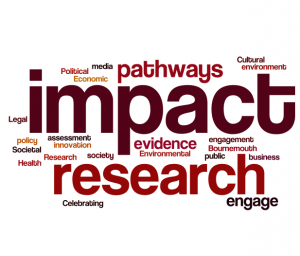
There are three Research Impact training workshops coming up over the next few weeks:
Anatomy of a case study is a 2-hour in-person workshop in Fusion – 8th September, 13:00-15:00.
In this workshop we will be examining REF impact case study examples from REF2021 and identifying what makes an excellent case study. There will also be an opportunity to start building your own impact case study.
Getting Started with Research Impact: what is it? is an online workshop – 16th September, 10:00-11:00.
We will look at the impact basics – what research impact is and why it matters in funding applications, for the REF and for your research career. You will find out how to turn your research into impact and how your research can benefit society/the economy.
Evidencing Impact is online – 12th October 14:00-15:00.
We will look at how to evidence your research impact – what counts as evidence, how to find creative ways of getting it, what qualitative and quantitative evidence is needed for a REF impact case study and how to gather and store it.
You can sign up for these sessions here: RKEDF – Workshop Booking Form (office.com)
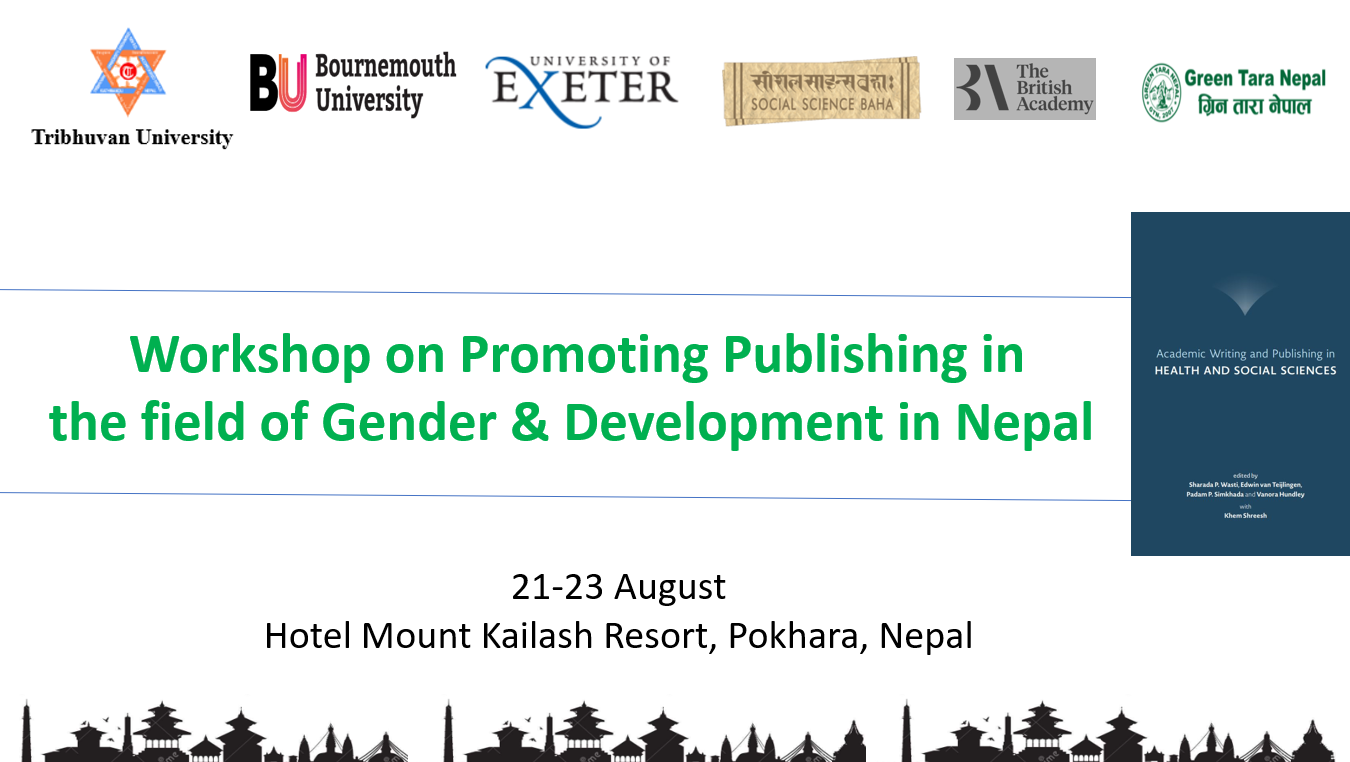





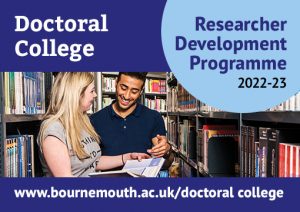


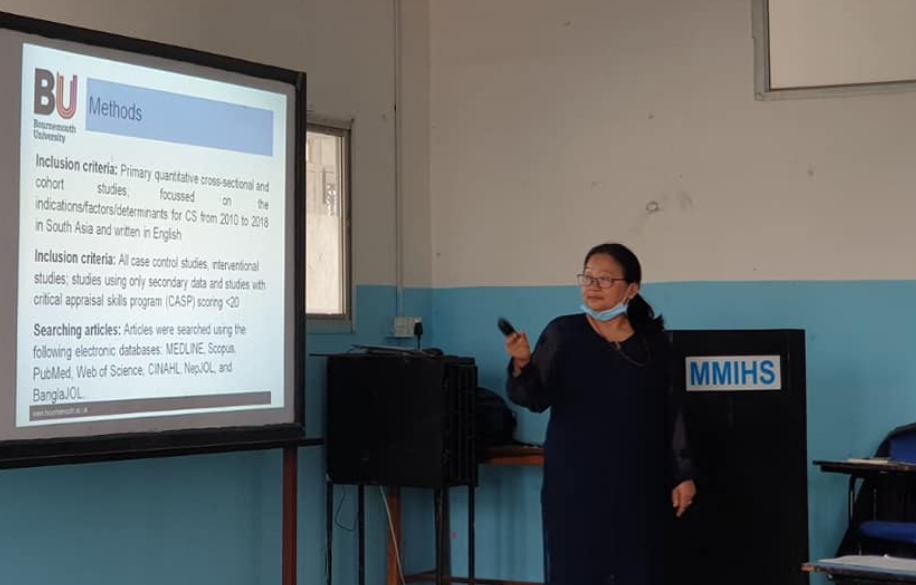
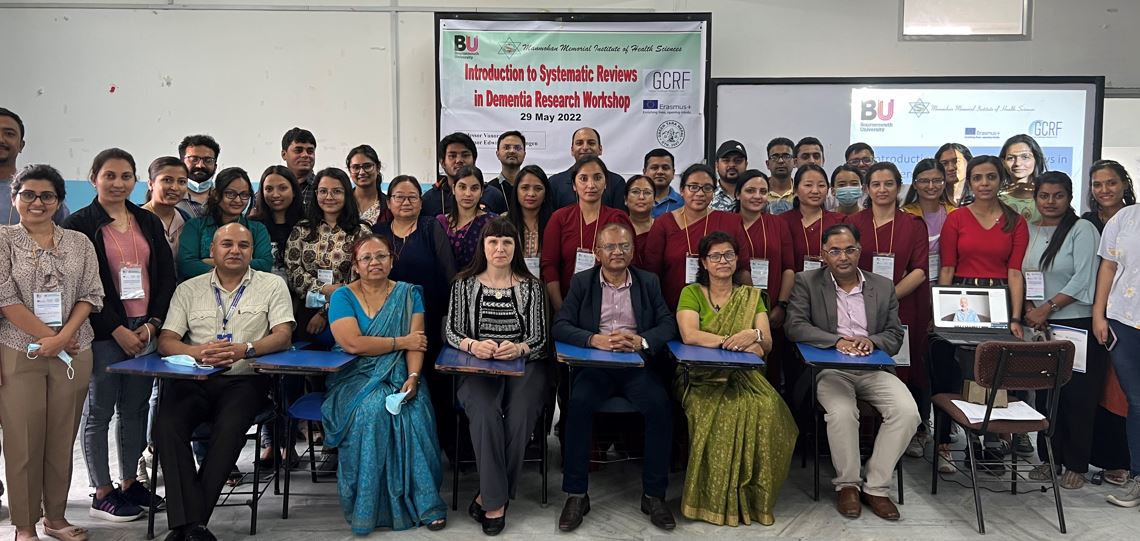
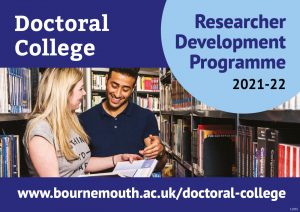
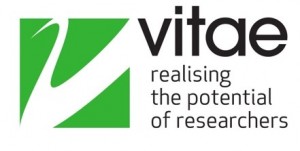



 Photo by
Photo by 

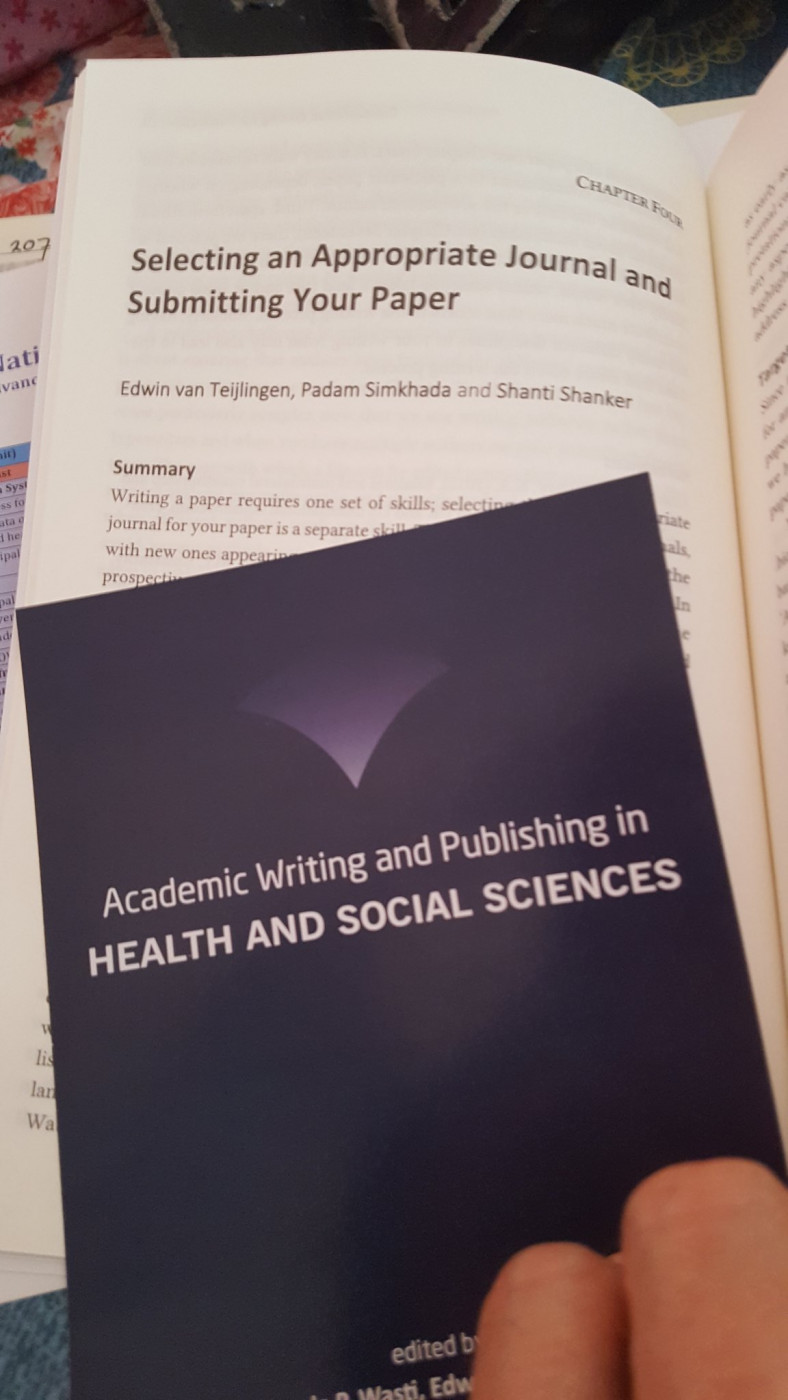













 Conversation article: Why so many people drown at the water’s edge
Conversation article: Why so many people drown at the water’s edge Workshop on longitudinal studies in three countries
Workshop on longitudinal studies in three countries New Bournemouth University public health paper
New Bournemouth University public health paper New ACORN-funded paper published. When time is short but passion for food is strong, food day-tripping may be the answer!
New ACORN-funded paper published. When time is short but passion for food is strong, food day-tripping may be the answer! Royal Society of Chemistry Outreach Fund: Open for Applications
Royal Society of Chemistry Outreach Fund: Open for Applications Last reminder – MSCA Postdoctoral Fellowships 2024 internal deadline next week
Last reminder – MSCA Postdoctoral Fellowships 2024 internal deadline next week Horizon Europe – EuroHPC and MSCA PF webinars
Horizon Europe – EuroHPC and MSCA PF webinars